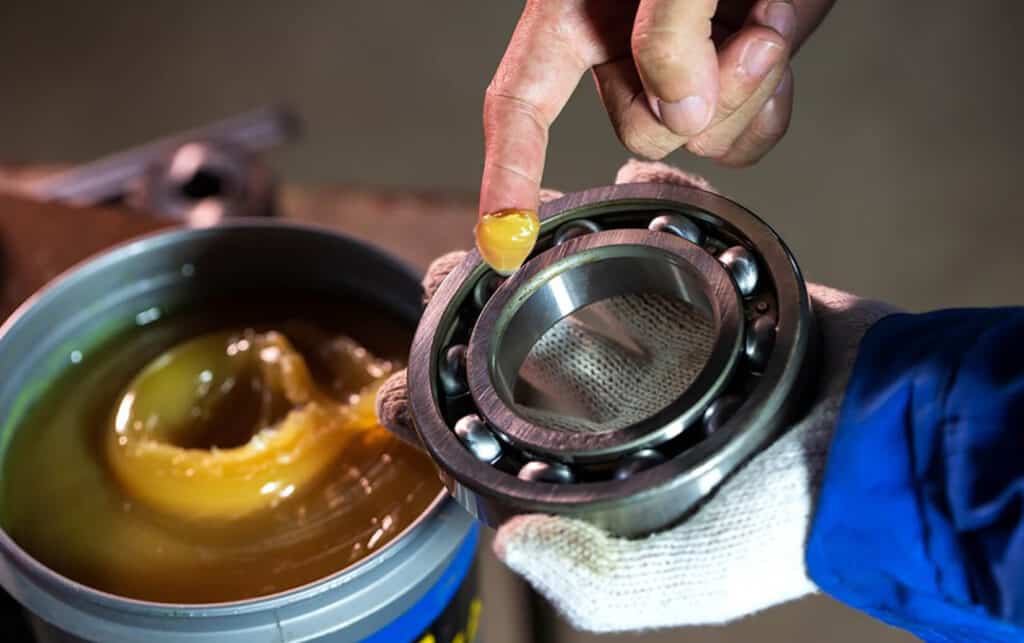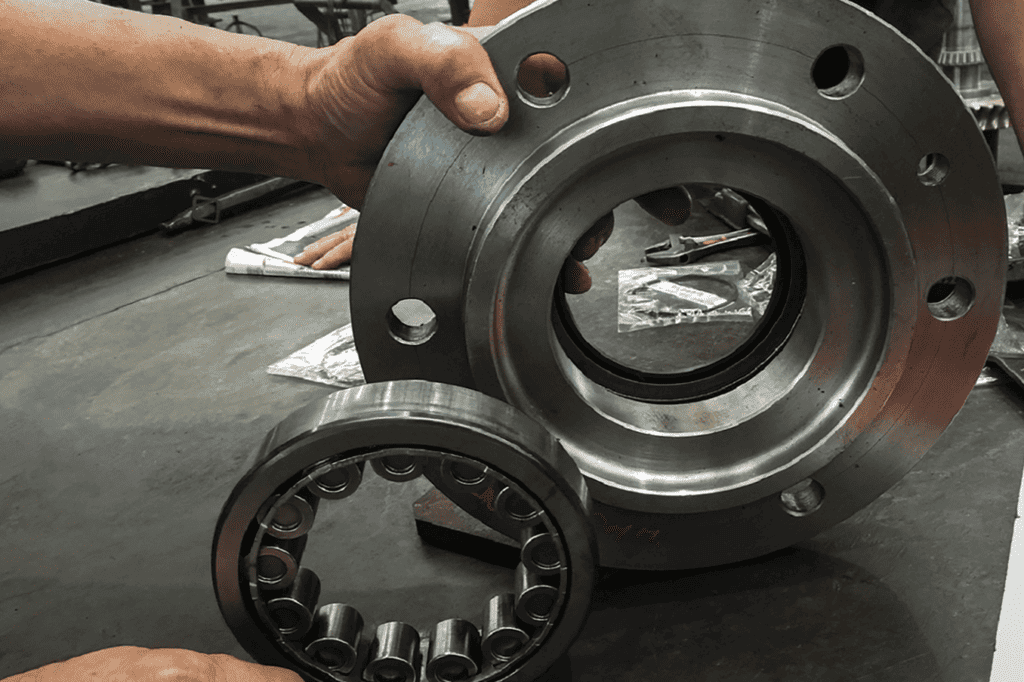In the world of automotive maintenance, understanding the crucial role of wheel bearings is paramount. As a critical component that keeps your wheels spinning smoothly and securely, proper wheel bearing maintenance can mean the difference between a safe journey and a sudden breakdown. In this comprehensive guide, we’ve gathered crucial insights your mechanic wants you to know about wheel bearing maintenance, helping you keep your vehicle performing at its best and potentially saving you from costly repairs.
The Role of Wheel Bearings: Why Maintenance Matters
When it comes to your vehicle, every component has its role. And while wheel bearings might seem like a small piece in this intricate puzzle, their function is vital. By reducing friction and ensuring smooth wheel rotation, wheel bearings contribute significantly to your vehicle’s handling, performance, and overall safety. Ignoring their maintenance can lead to premature wear, poor handling, and ultimately, a complete bearing failure, which can be both dangerous and expensive to fix.

The Maintenance Schedule: When to Check Your Wheel Bearings
Just like any other component of your vehicle, wheel bearings require regular inspection and maintenance. While there’s no one-size-fits-all answer to when you should check your wheel bearings, most mechanics agree that a good rule of thumb is to have them inspected every 30,000 to 40,000 kilometers, or sooner if you frequently drive in harsh conditions. Remember, preventive maintenance is always better (and often cheaper) than a full-blown repair.
The Maintenance Process: How to Maintain Wheel Bearings
Regular maintenance of wheel bearings involves a comprehensive check-up by a professional mechanic. This meticulous examination helps identify potential issues that may cause problems in the future.
A crucial step in the maintenance process is checking for any abnormal noises. These can be a telltale sign of a failing wheel bearing. If your vehicle is making unusual noises such as humming, grinding, or squeaking from the wheels, it’s time to have your wheel bearings inspected.
Mechanics also test for looseness in the bearing. A loose wheel bearing can lead to poor handling, irregular tire wear, and increased noise. Regular testing ensures your wheel bearing remains tight and functional.
Visual inspection is another crucial aspect of wheel bearing maintenance. Mechanics will look for signs of leakage or physical damage to the wheel bearing assembly. This step helps detect problems that may not be evident through noise or performance checks alone.
Finally, if issues are detected during the inspection, your mechanic will recommend the appropriate course of action. This could range from a simple repair to a full replacement, depending on the severity of the problem. Trusting your mechanic’s expert advice can save you time, money, and potential future issues with your wheel bearings.
The Warning Signs: Four Symptoms of a Defective Wheel Bearing
• One of the earliest signs of a faulty wheel bearing is abnormal noise from the wheel area. This noise often sounds like grinding, humming, or rumbling, and can increase in volume as the vehicle speeds up. The sound might also become more noticeable when turning the vehicle, as this puts more stress on the bearing.
• Unusual tire wear is another common symptom of a failing wheel bearing. If the bearing is loose or worn, it can cause the tire to wear unevenly or prematurely. Keep an eye on your tires; if you notice that they are wearing out faster than usual or the wear seems uneven, it might indicate an issue with your wheel bearings.
• A vehicle that vibrates or pulls to one side can also indicate a problem with a wheel bearing. This happens because a damaged bearing can disrupt the smooth rotation of the wheel, causing the vehicle to vibrate or pull in one direction. If your car starts showing such behavior, it’s best to schedule a wheel bearing inspection.
• Loose handling, where the steering feels lighter or less responsive than usual, can also indicate a bad wheel bearing. This is caused by the excess play in a worn or damaged bearing, which affects the stability of the wheel and the control of the vehicle. If steering your vehicle feels different or less precise, it’s time to check the wheel bearings.
The Repair Time: How Long Does It Take a Mechanic to Fix a Wheel Bearing?
The time it takes to fix a wheel bearing can vary greatly, depending on the vehicle’s make and model, the severity of the damage, and whether it’s a front or rear wheel bearing. On average, you can expect a mechanic to spend between 2 to 4 hours on a single wheel bearing replacement. However, this is just an estimate, and actual repair times can be shorter or longer.

The Cost Factor: How Much Should a Wheel Bearing Job Cost?
While it’s tough to put a price tag on safety, understanding the potential cost of a wheel bearing job can help you plan better. The cost to replace a wheel bearing can range anywhere from $150 to $600 per wheel, depending on your vehicle, the quality of the parts used, and the mechanic’s labor rates. It’s essential to remember that while this may seem like a significant expense, the cost of ignoring a bad wheel bearing can be far more substantial.
Conclusion
Maintaining your vehicle’s wheel bearings isn’t just about improving performance—it’s about ensuring your safety on the road. By understanding their role, staying on top of the maintenance schedule, and knowing the warning signs of a defective bearing, you can help prolong the life of your wheel bearings and prevent unexpected breakdowns. When in doubt, always seek professional help. After all, there’s no price too high for peace of mind on the road.
